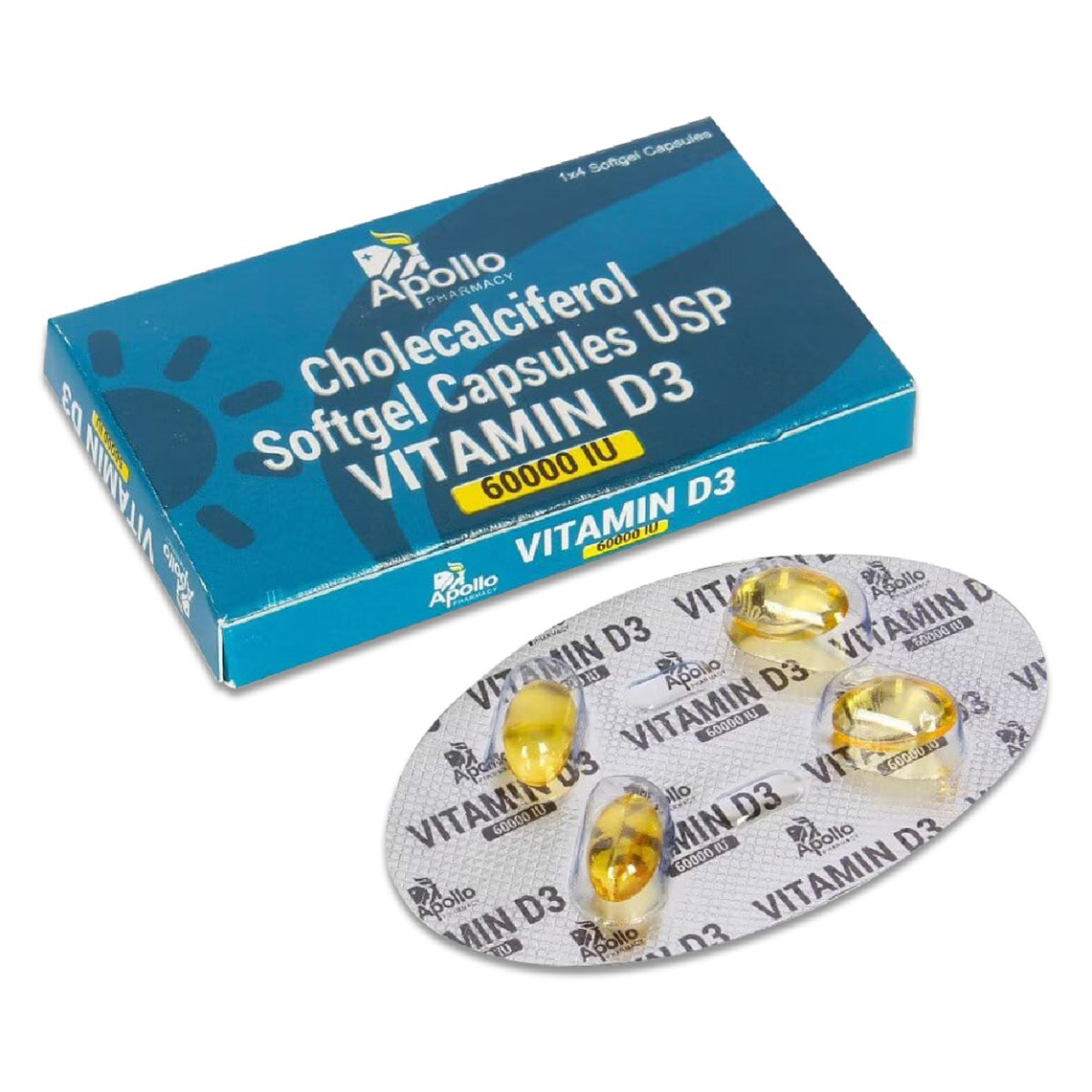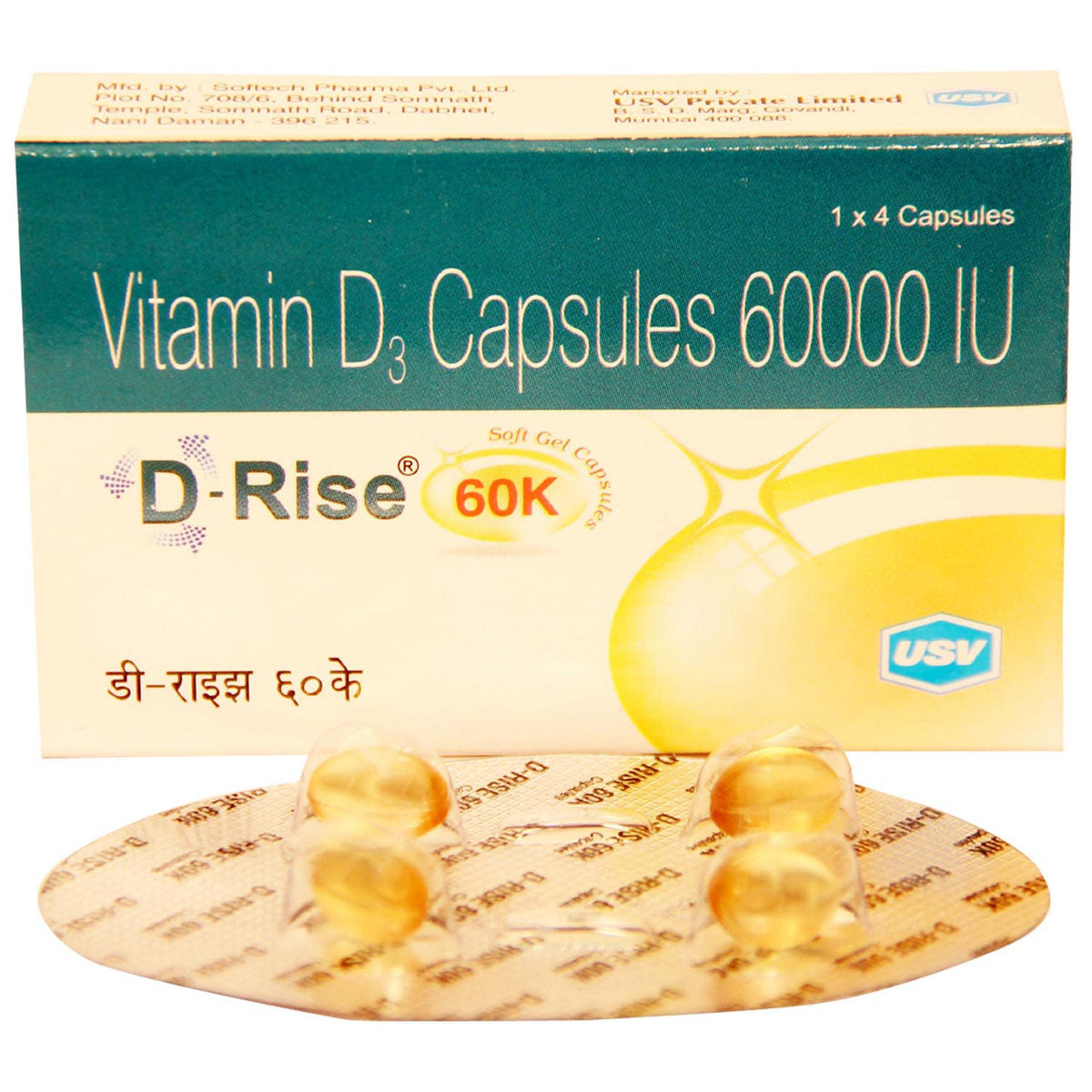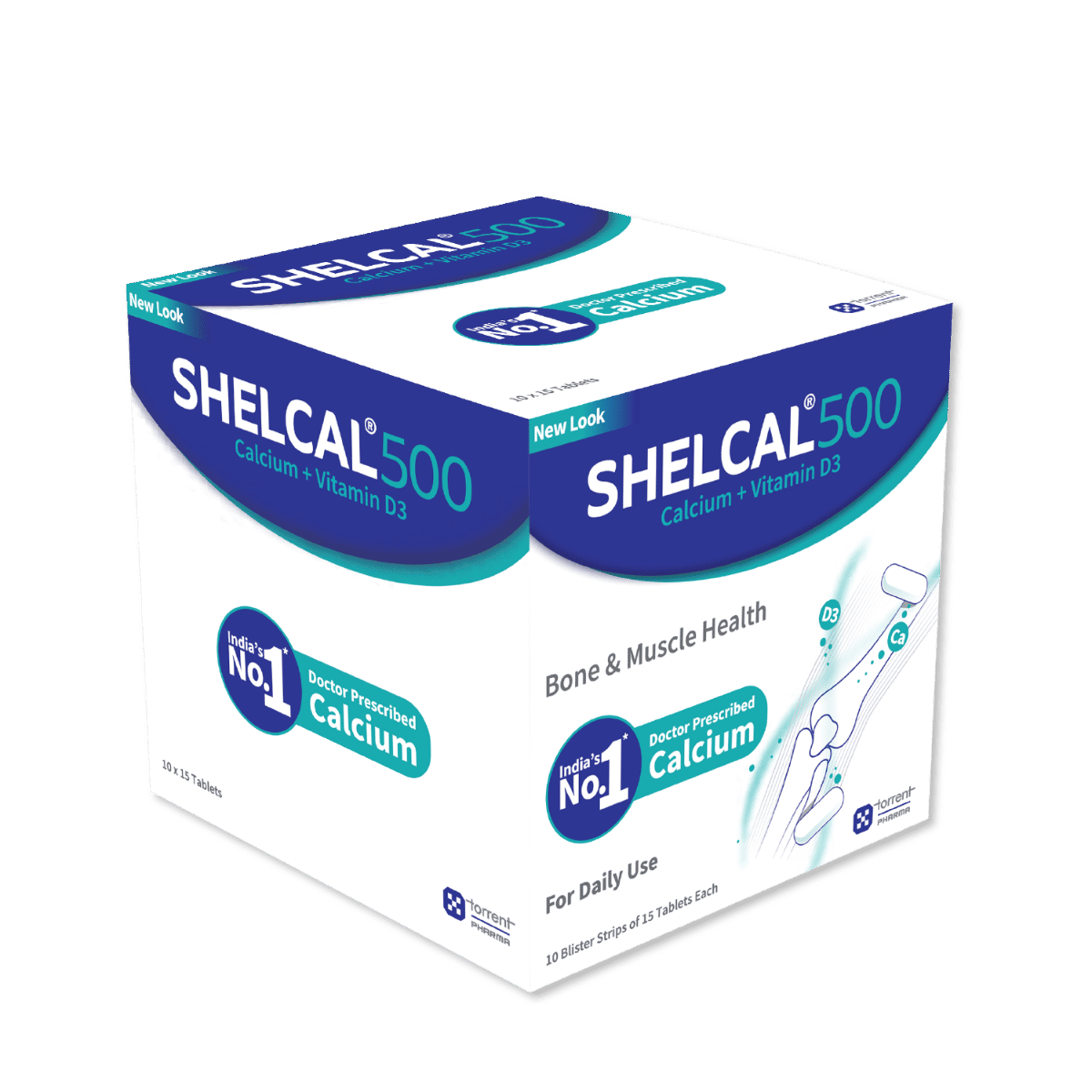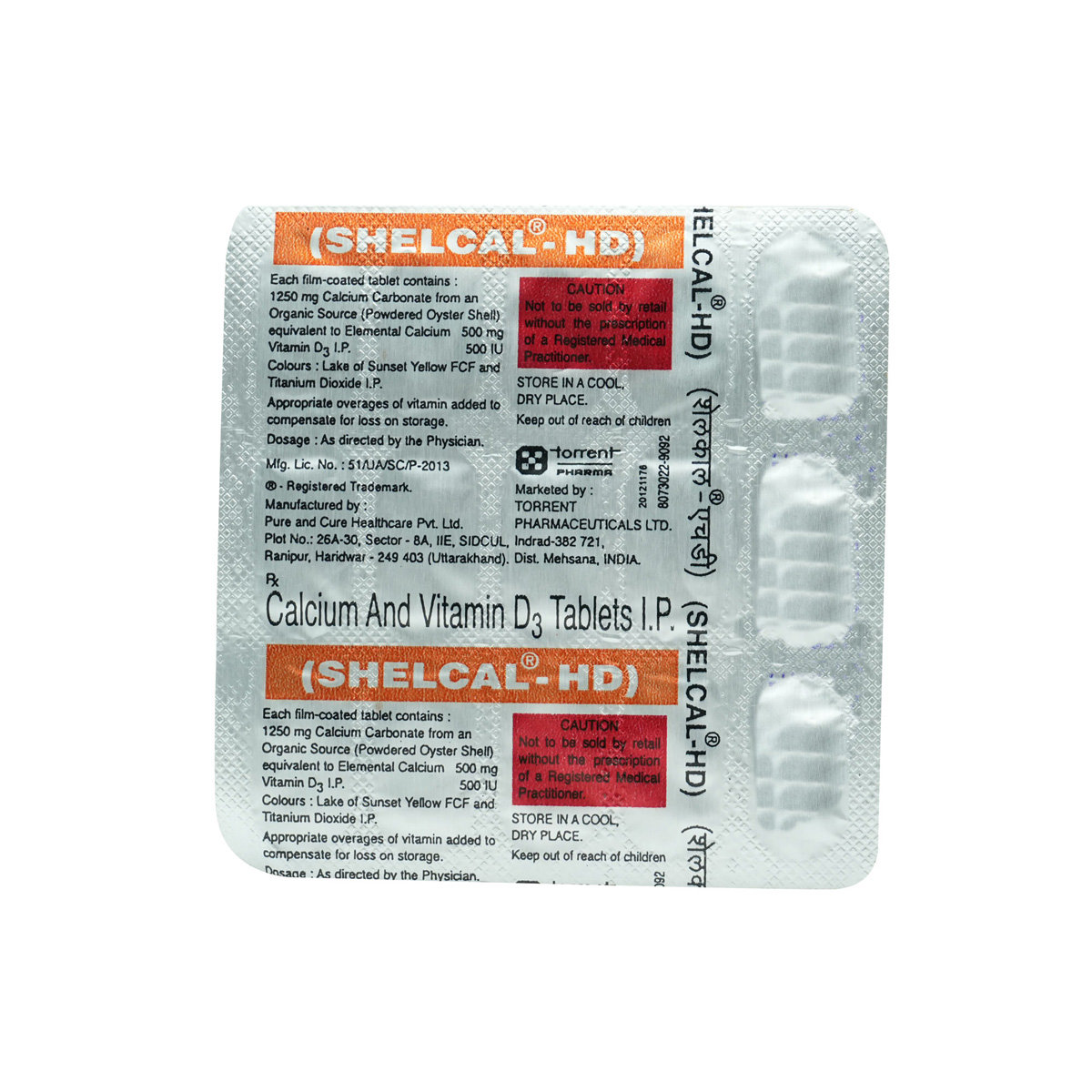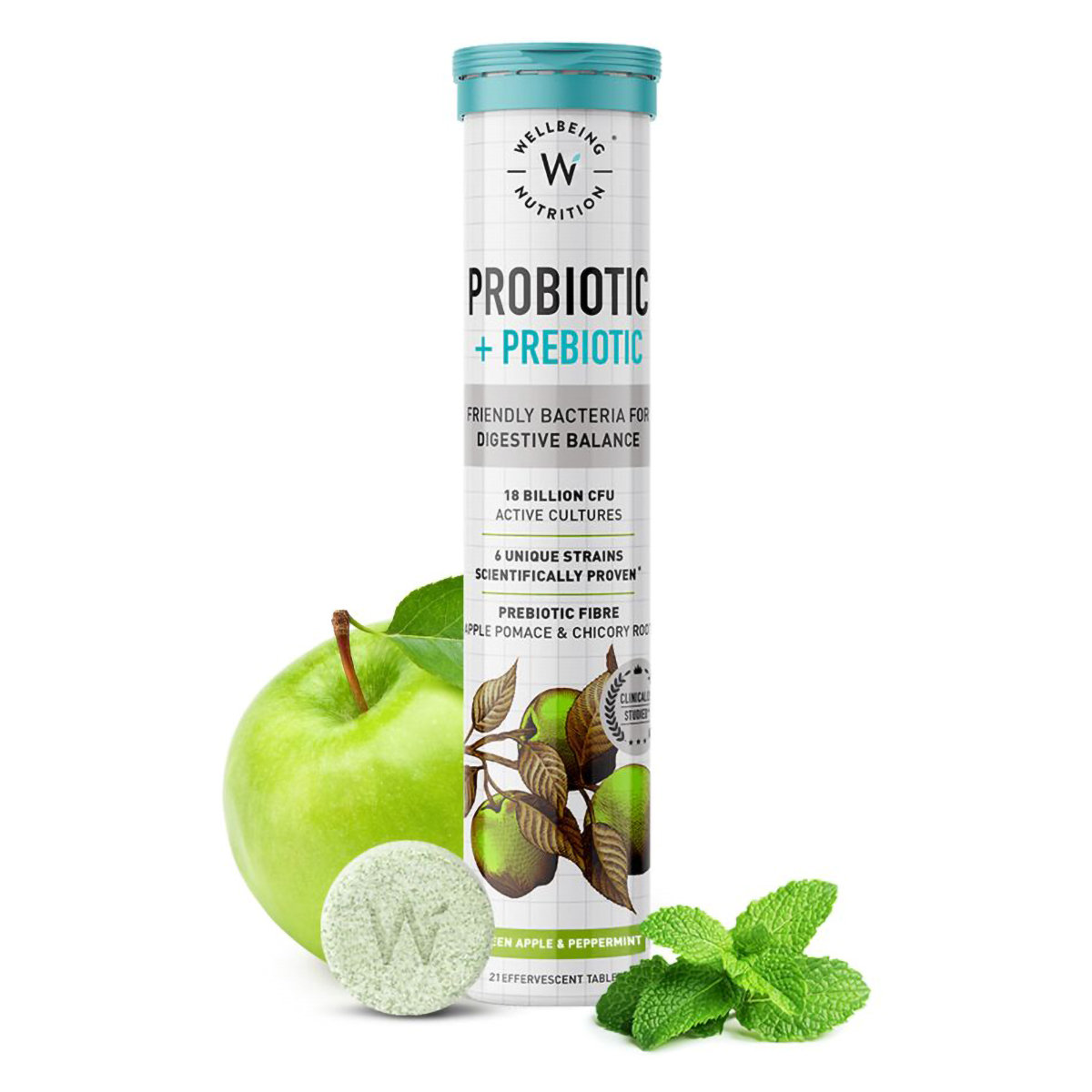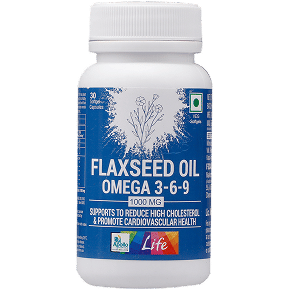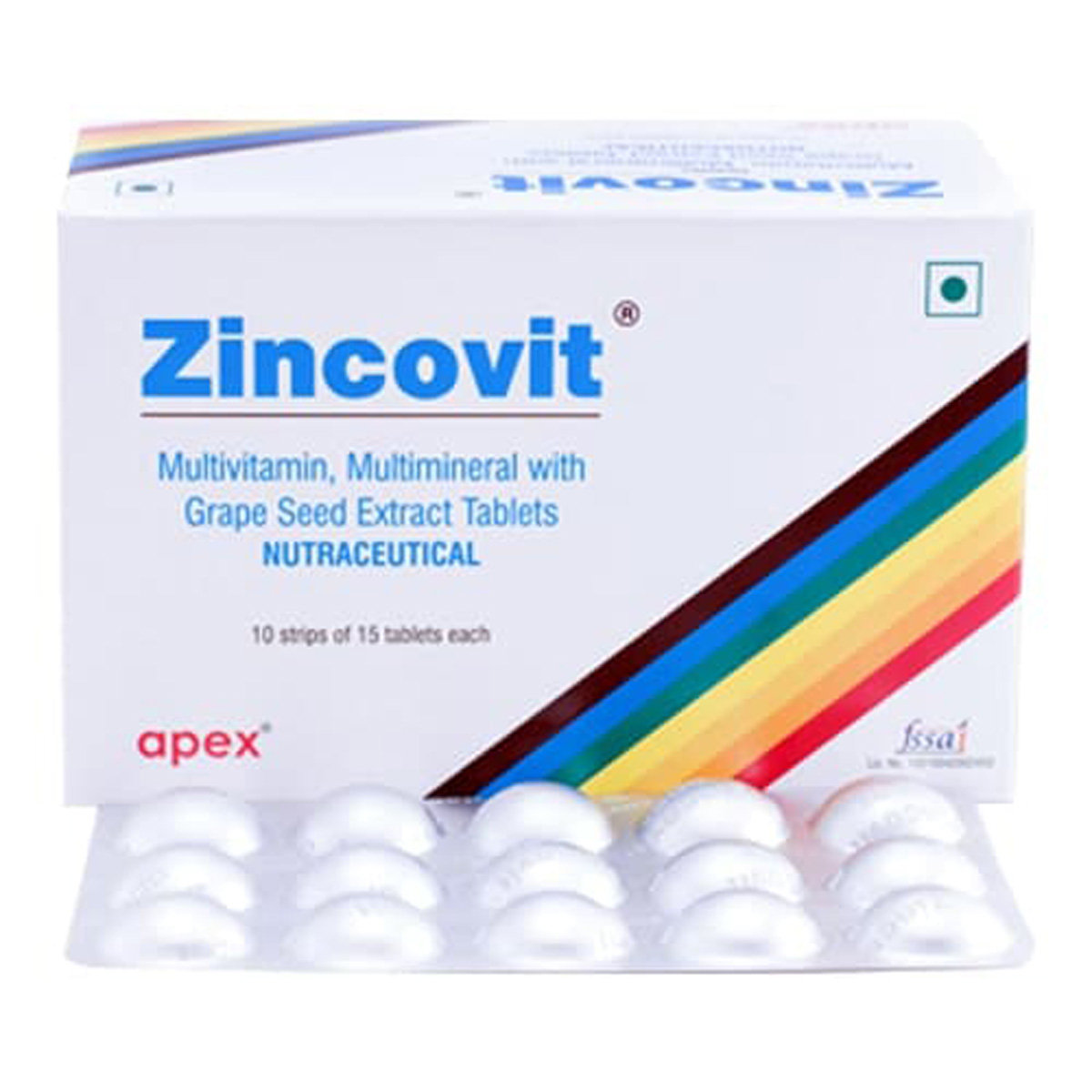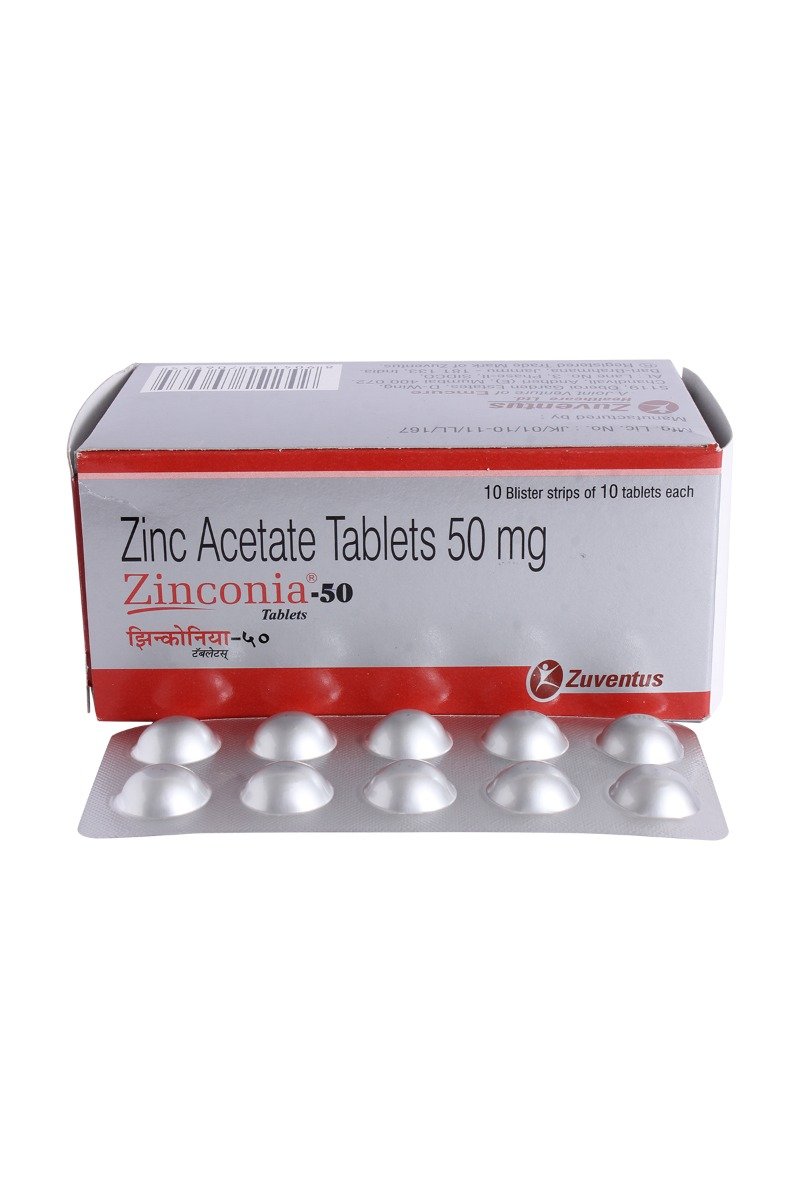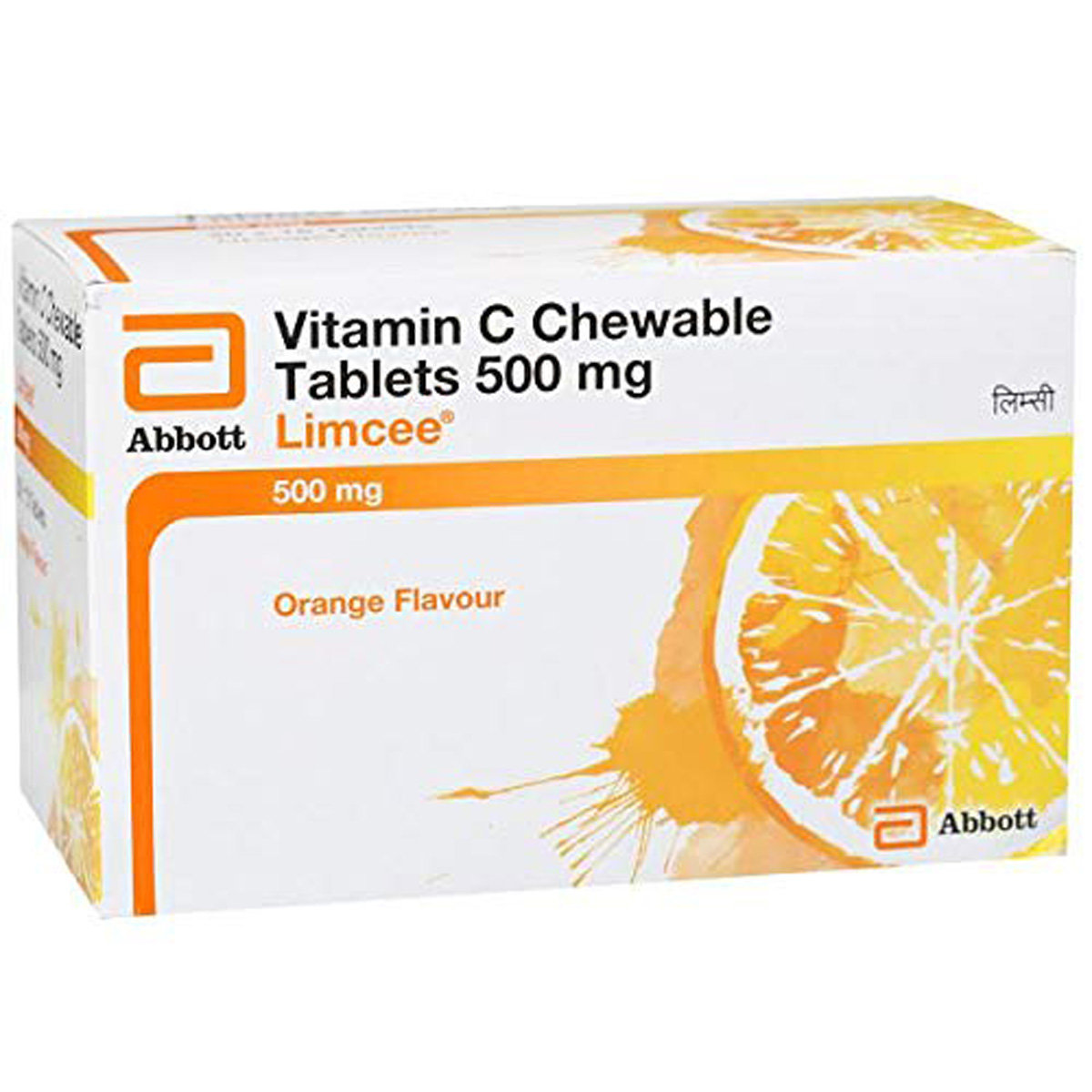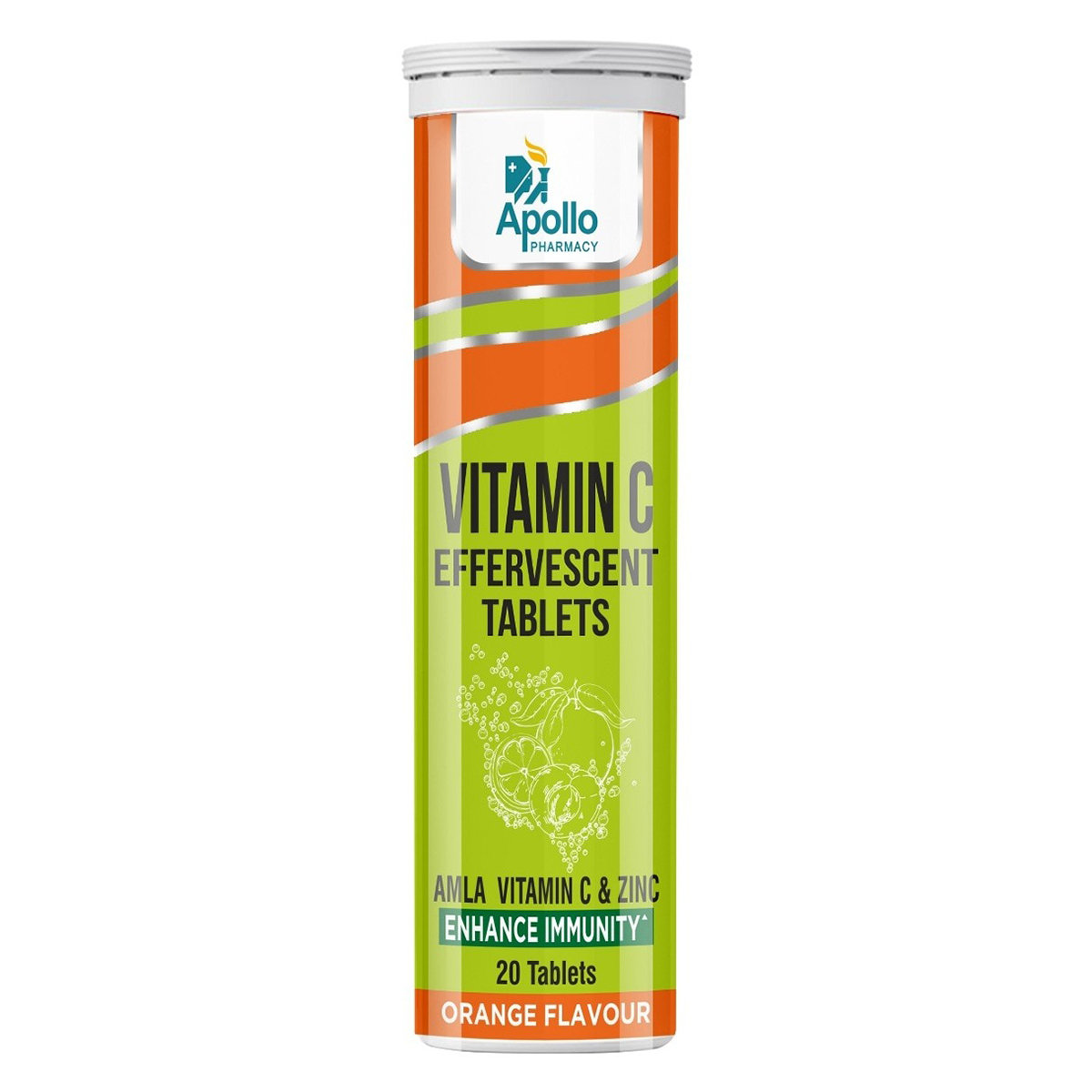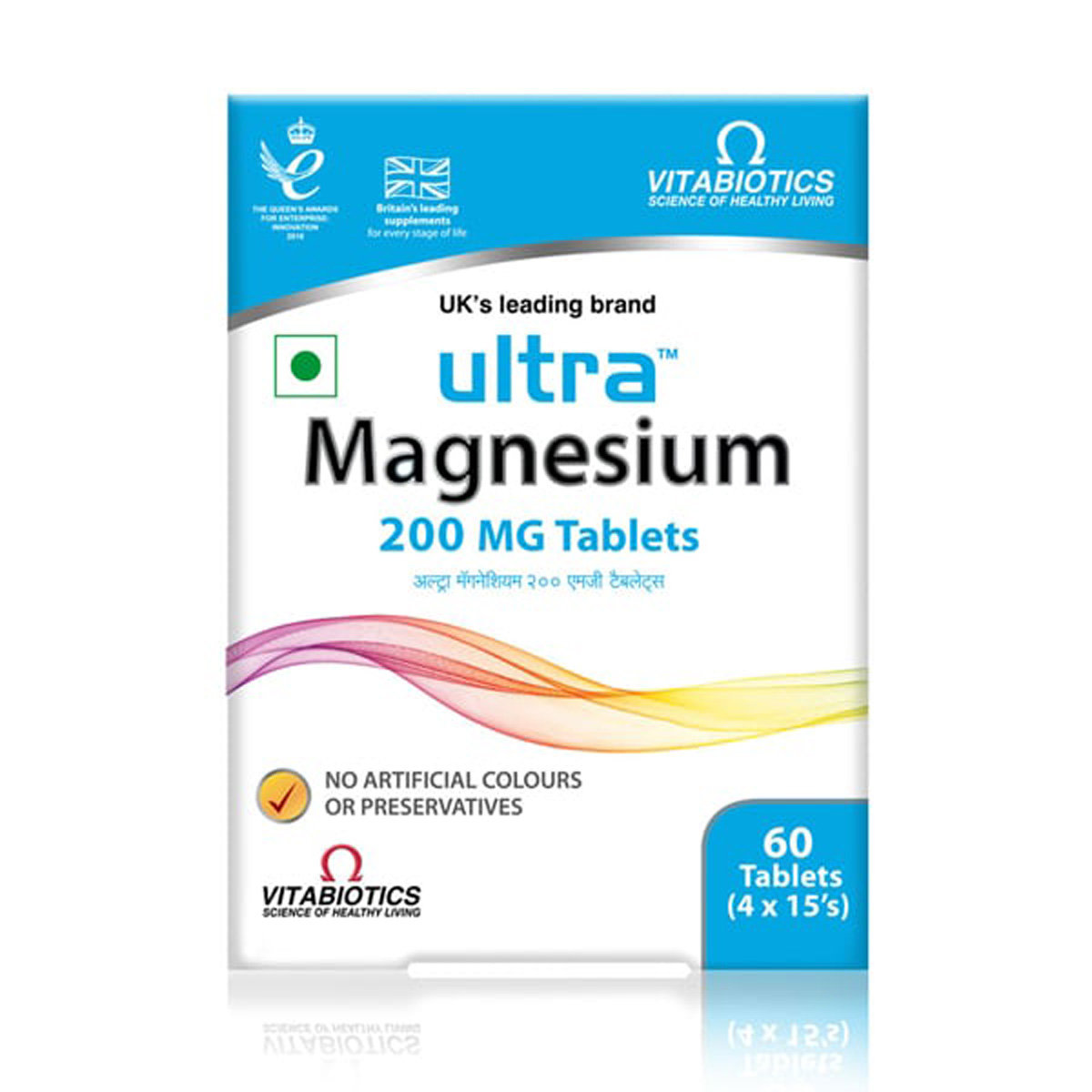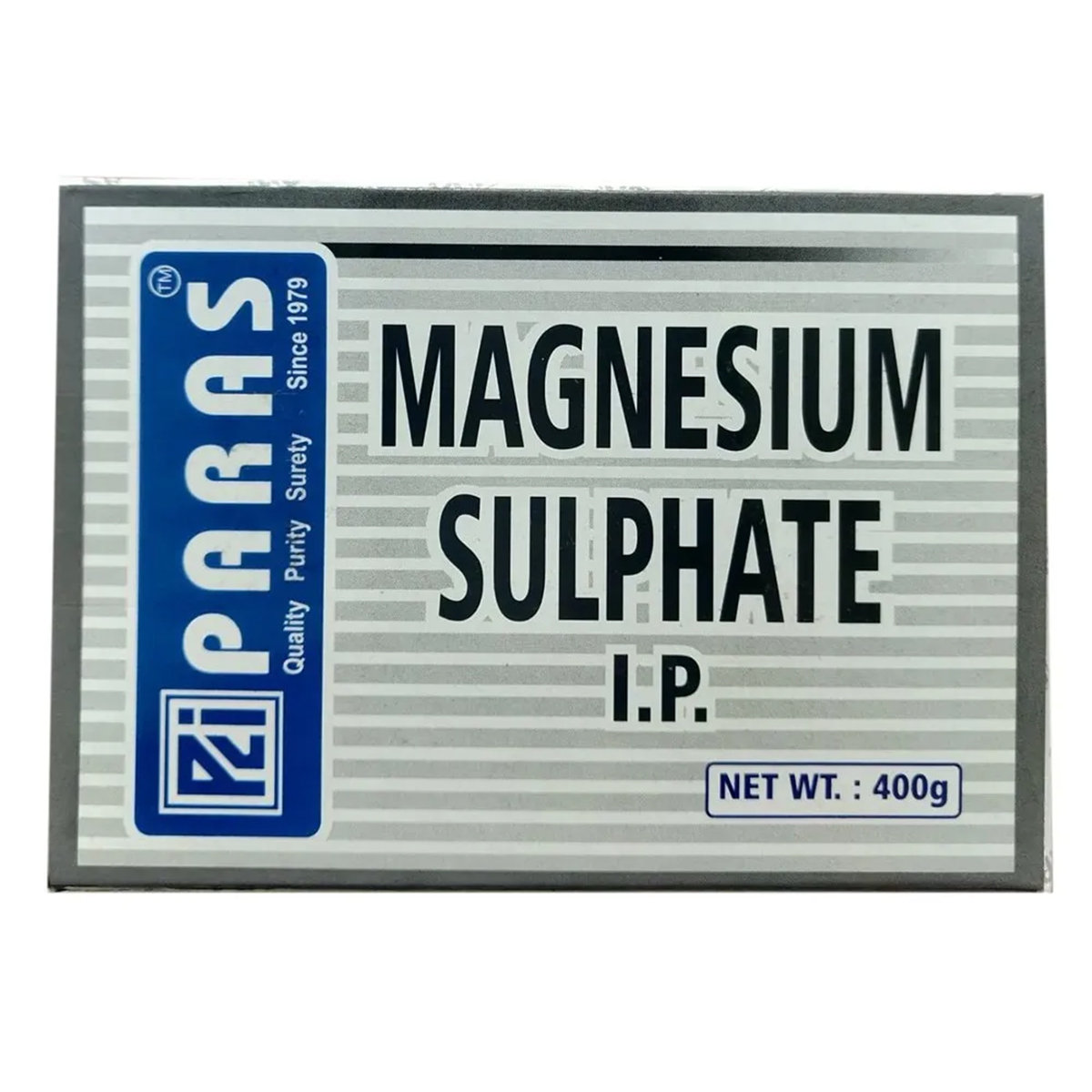Honvan Tablet
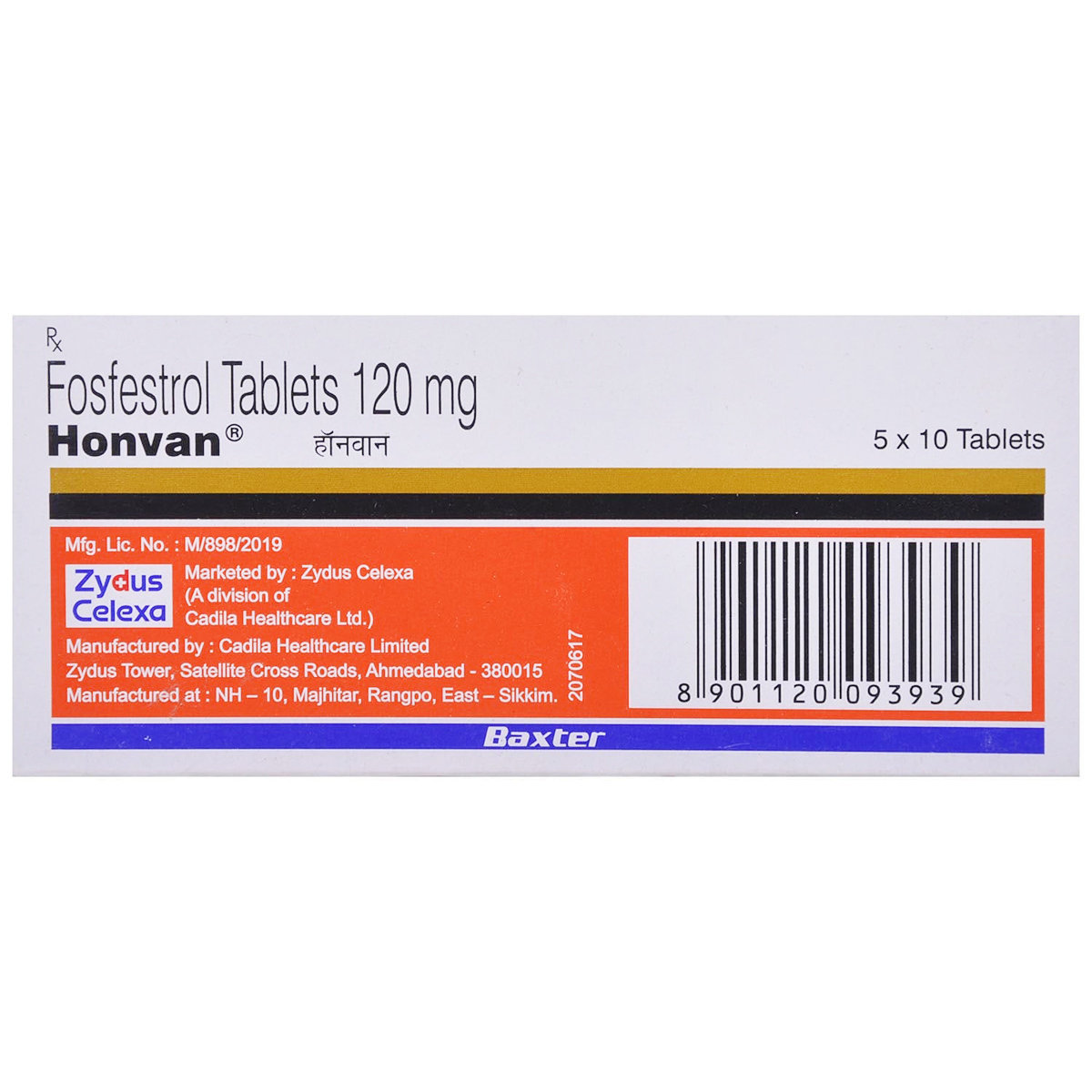




MRP ₹329
(Inclusive of all Taxes)
₹49.4 Cashback (15%)
know your delivery time
Provide Delivery Location
Composition :
Manufacturer/Marketer :
Consume Type :
Expires on or after :
Return Policy :

Secure Payment

Trusted by 8 Crore Indians

Genuine Products
Therapeutic Class
Country of origin
Manufacturer/Marketer address
Author Details
We provide you with authentic, trustworthy and relevant information
FAQs
Disclaimer
Alcohol
Safe if prescribed
Interaction of Honvan Tablet with alcohol is unknown. Please consult a doctor before consuming alcohol while using Honvan Tablet .
Pregnancy
Consult your doctor
Honvan Tablet is usually not recommended for women. Please consult a doctor if you are pregnant or planning for pregnancy.
Breast Feeding
Consult your doctor
Honvan Tablet is usually not recommended for women. Please consult a doctor if you are breastfeeding.
Driving
Safe if prescribed
Honvan Tablet may cause dizziness in some people. Therefore, avoid driving if you are dizzy after taking Honvan Tablet .
Liver
Consult your doctor
Take Honvan Tablet with caution, especially if you have a history of Liver diseases/conditions. The dose may be adjusted by your doctor as required.
Kidney
Consult your doctor
Honvan Tablet is safe to use in patients with kidney problems if prescribed by a doctor.
Children
Safe if prescribed
Limited information is available on the use of Honvan Tablet in children. Therefore, please consult a doctor if you have any concerns regarding this.
About Honvan Tablet
Honvan Tablet belongs to the class of anticancer drugs called non-steroidal oestrogens used to treat prostate cancer in an adult male. Prostate cancer is prostate gland cancer (a small gland under the bladder secretes fluid that nourishes and protects sperm) found only in men (mostly after 50 years of age). The symptoms include difficulty in urination, pain, numbness or sexual problems.
Honvan Tablet contains Fosfestrol, a synthetic, non-steroidal form of oestrogen (female sex hormone) that works by getting converted to active oestrogen in the body. Prostate cancer cells require androgens (male hormones) such as testosterone to grow rapidly. Oestrogen lowers the blood levels of androgens and prevents its effects at the tumour site. Thereby, Honvan Tablet prevents the growth of prostate cancer cells and eventually shrinks the prostate tumour.
Take Honvan Tablet as prescribed by your doctor. You are advised to take Honvan Tablet for as long as your doctor has prescribed it for you based on your medical condition. In some cases, you may experience breast enlargement in males, fluid retention, nausea, impotence (erectile dysfunction), stomach cramps, fever, dizziness or bone pain. Most of these side effects of Honvan Tablet do not require medical attention and gradually resolve over time. However, if the side effects persist or worsen, please consult your doctor.
If you are allergic to Honvan Tablet or any other medicines, please tell your doctor. Honvan Tablet is usually not recommended for women. Please consult a doctor if you are pregnant or breastfeeding before taking Honvan Tablet . Elderly should use Honvan Tablet with caution due to the high risk of adverse effects. If you have diabetes, blood vessel disorder, high blood pressure, liver or heart problems, inform your doctor before taking Honvan Tablet .
Uses of Honvan Tablet
Medicinal Benefits Mweb
Key Benefits
Honvan Tablet contains Fosfestrol, an inactive synthetic oestrogen (sex hormone) used to treat prostate cancer. Honvan Tablet gets converted to active oestrogen in the body. Prostate cancer cells require androgens (male sex hormones) such as testosterone to grow rapidly. Oestrogen lowers the blood levels of androgens and prevents its effects at the tumour site. Thereby, Honvan Tablet prevents the growth of prostate cancer cells and eventually shrinks the prostate tumour. Also, Honvan Tablet relieves difficulty in urination like urinary incontinence.
Directions for Use
Side Effects of Honvan Tablet
- Breast enlargement in males
- Fluid retention
- Nausea
- Impotence (erectile dysfunction)
- Stomach cramps
- Fever
- Dizziness
- Bone pain
Drug Warnings
If you are allergic to Honvan Tablet or any other medicines, please tell your doctor. Honvan Tablet is usually not recommended for women. Please consult a doctor if you are pregnant or breastfeeding before taking Honvan Tablet . Honvan Tablet should be used with caution in the elderly (above 65 years) due to the high risk of adverse effects. Regular tests are recommended to monitor liver functioning and if there is any severe disturbance in liver functioning, avoid taking Honvan Tablet . If you have diabetes, blood vessel disorder, high blood pressure, liver or heart problems, inform your doctor before taking Honvan Tablet .
Drug-Drug Interactions
Drug-Drug Interactions
Login/Sign Up
Drug-Food Interactions
Drug-Food Interactions
Login/Sign Up
Drug-Diseases Interactions
Drug-Diseases Interactions
Login/Sign Up
Habit Forming
Special Advise
Regular blood tests are recommended while taking Honvan Tablet to monitor liver functioning.
Diet & Lifestyle Advise
- Include fish, soy, tomatoes, Brussels sprouts, kale, broccoli and oils containing omega-3 fatty acids such as olive oil as these foods may reduce the risk of prostate cancer.
- Avoid grilled meat, red meat, saturated fat found in animal products, milk and dairy products as they may increase the risk of prostate cancer.
- Exercise regularly to lose weight as obesity is also considered as a risk factor for prostate cancer.
- Quit smoking to reduce the risk of prostate cancer.
All Substitutes & Brand Comparisons

Have a query?
Buy best Neoplastic Disorders products by
Intas Pharmaceuticals Ltd
Natco Pharma Ltd
Dr Reddy's Laboratories Ltd
Cipla Ltd
Celon Laboratories Pvt Ltd
Sun Pharmaceutical Industries Ltd
Alkem Laboratories Ltd
United Biotech Pvt Ltd
Zydus Cadila
Zydus Healthcare Ltd
Neon Laboratories Ltd
Glenmark Pharmaceuticals Ltd
Mylan Pharmaceuticals Pvt Ltd
BDR Pharmaceuticals Internationals Pvt Ltd
Emcure Pharmaceuticals Ltd
Adley Formulations
Samarth Life Sciences Pvt Ltd
Hetero Drugs Ltd
Torrent Pharmaceuticals Ltd
Fresenius Kabi India Pvt Ltd
Pfizer Ltd
Admac Lifesciences(Oncology)
Adley Pharmaceuticals Ltd
Novartis India Ltd
Halsted Pharma Pvt Ltd
Getwell Life Sciences India Pvt Ltd
Lupin Ltd
Cadila Healthcare Ltd
Hetero Healthcare Pvt Ltd
GLS Pharma Ltd
Reliance Formulation Pvt Ltd
Abbott India Ltd
Aimcad Biotech Pvt Ltd
Astra Zeneca Pharma India Ltd
Therdose Pharma Pvt Ltd
Axiommax Oncology Pvt Ltd
Biochem Pharmaceutical Industries Ltd
Khandelwal Laboratories Pvt Ltd
Msn Laboratories Pvt Ltd
Aureate Healthcare
Caitlin Oncology
Dabur India Ltd
Zee Laboratories Ltd
Sarabhai Chemicals (India) Pvt Ltd
Wembrace Biopharma Pvt Ltd
Delarc Pharmaceuticals Pvt Ltd
Medaegis Biotek Pvt Ltd
Panacea Biotec Ltd
RPG Life Sciences Ltd
Shilpa Medicare Ltd
Getwell Oncology Pvt Ltd
Ipca Laboratories Ltd
Miracalus Pharma Pvt Ltd
Biocon Ltd
Cadila Pharmaceuticals Ltd
Eli Lilly and Company (India) Pvt Ltd
Ferring Pharmaceuticals Pvt Ltd
Fresenius Kabi Oncology Ltd
Getwell Pharmaceutical Pvt Ltd
Maximal Healthcare Pvt Ltd
Boehringer Ingelheim India Pvt Ltd
Del Trade International Pvt Ltd
Sayre Therapeutics Pvt Ltd
Akumentis Healthcare Ltd
Corona Remedies Pvt Ltd
Eisai Pharmaceuticals India Pvt Ltd
GlaxoSmithKline Pharmaceuticals Ltd
Hilfen Pharmaceuticals Pvt Ltd
Johnson & Johnson Pvt Ltd
Mankind Pharma Pvt Ltd
Merck Ltd
Oncostar Pharma Pvt Ltd
Rhone Poulenc Rorer India Pvt Ltd
Vhb Life Sciences Inc
Zuventus Healthcare Ltd
Admac Pharma Ltd
Adonis Laboratories Pvt Ltd
Alniche Life Sciences Pvt Ltd
BPRL Pvt Ltd
Caitlin Life Care
Dr Care
German Remedies Ltd
Janssen Pharmaceuticals Pvt Ltd
MEDICAMEN BIOTECH LTD
Maxis Healthcare (I) Pvt Ltd
Pharm Products Pvt Ltd
Accord Life Spec Pvt Ltd
Amps Biotech Biotech Pvt Ltd
Aphia Healthcare
Astellas Pharma India Pvt Ltd
Bangalore Pharmaceutical and Research Laboratory Pvt Ltd (BPRL)
Bharat Serums and Vaccines Ltd
Cellgen Biopharma
Cosmic Life Sciences
Daris Biocare
East West Pharma India Pvt Ltd
Hillrock Biotech Pvt Ltd
Lucien Life Sciences
Maneesh Pharmaceuticals Ltd
Medilief Bioscience Pvt Ltd
Frequently Bought Together






